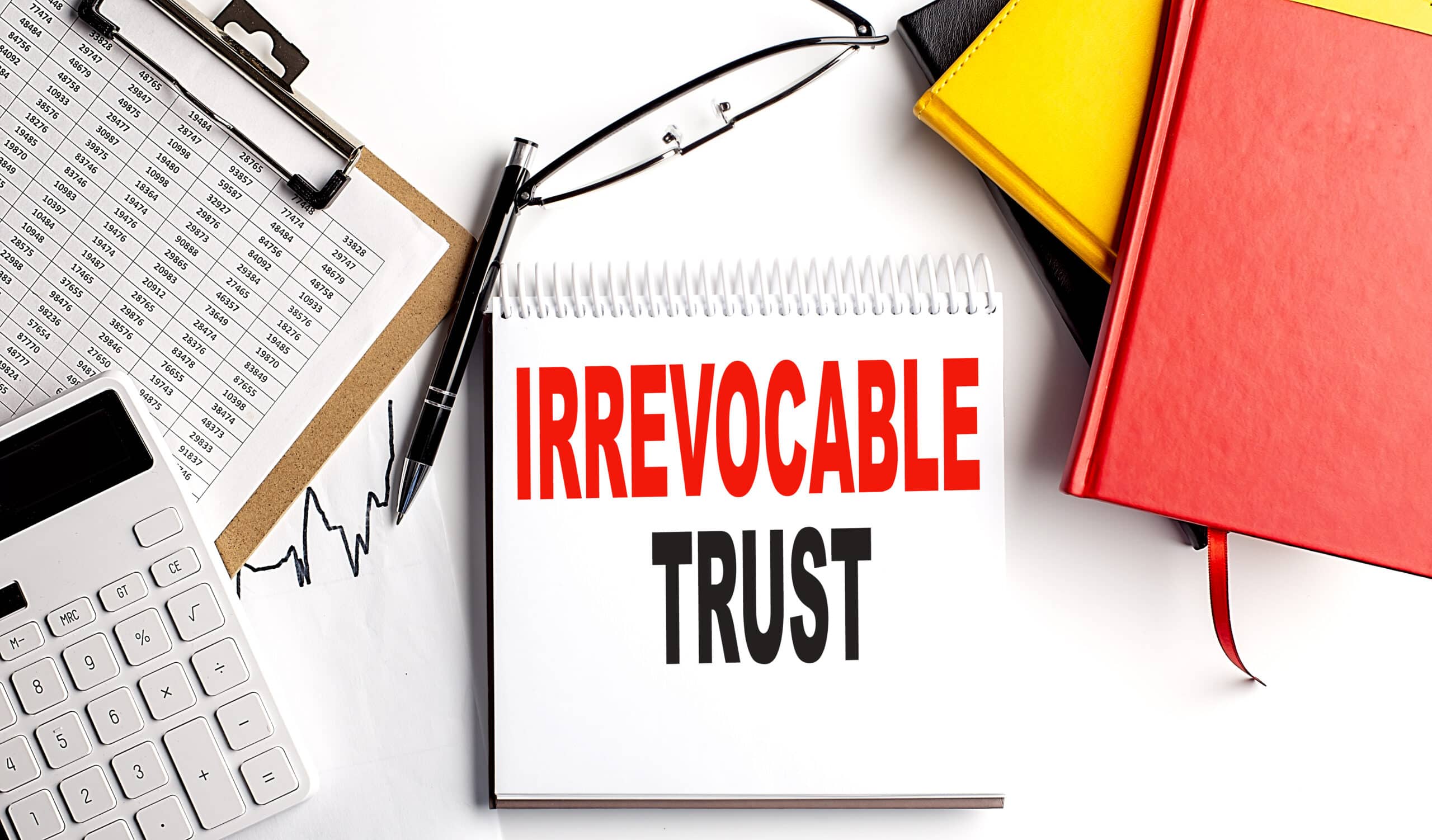What is Nursing Home Medicaid?
Nursing Home Medicaid is an all-encompassing program for older adults that covers all Medicaid services. Examples such as lab work, hospital stays, prescriptions, adult day care, and more are all part of the Medicaid program.
It’s important to discuss your options regarding your estate and your healthcare with an experienced local attorney. They are trained to help clients like you and your families prepare for the future. Each chapter of our lives will bring different circumstances, and it’s best to plan for each of them.
How Does New York Help Their Elderly Population?
Each state has a plan in place for our elderly loved ones. Programs are available if applicable, and you can choose the path that works best for you and your family as you approach your elderly years.
New York State has many programs and services that may interest you as you approach this stage of your life, including medical and non-medical assistance at home and after moving to a nursing home. Work with your competent lawyer to determine what is best for you and ensure you are eligible.
Am I or My Loved Ones Eligible for Medicaid?
When working with your trusted attorney, you can explore your options and ensure you can take advantage of the benefits available. As eligibility is primarily based on income and resources, you must have a solid plan in place if you wish to be eligible for Medicaid and other programs. By strategically handling your assets ahead of time through the help of an experienced estate planning attorney, you can set yourself up now for success in the future. For you and your family.
Protecting your assets and how they are accessible may make the difference you need to be eligible for benefits. There are several ways to achieve this, and you can work through the options and decide what is best for you and your family.
Plan Well In Advance
Nursing Home Medicaid typically includes a five-year look-back period regarding assets. This can mean that if you waited until just before the nursing home age to transfer assets, they can look back at those assets or transactions and impose penalties.
This is why you must plan well in advance for your later years and have an effective strategy to protect yourself, your loved ones, and your assets. Maybe a trust is necessary to hold and protect your assets and ensure that they aren’t factored into your eligibility requirements for Medicaid. Maybe there is another strategy that, based on your situation, works best for you. Your experienced and professionally trained attorney is there to assist you.
What Income is Included?
Most sources of income will be counted towards your eligibility equation for Medicaid. Income such as wages, alimony payments, annuity payments, Social Security Income, Social Security Disability Income, and IRA distributions may all count as income resources.
If you are married, and your spouse will remain in the home, also referred to as a “community spouse,” their income is not counted, and they have a certain level of protection to keep them from being impoverished. This protection is typically in the form of a Monthly Maintenance Needs Allowance, or the state of New York; it’s called Community Spouse Monthly Income Allowance. This monthly limit allows the spouse entering the nursing home to transfer some or maybe all of their income to the community spouse, so it doesn’t count toward their income for Medicaid eligibility.
However, if your spouse makes more than the limit (set by each state), you may not be able to utilize this option. Speak with your attorney to fully understand the limitations and how to proceed.
What Assets Are Included?
Nearly all of your assets will be factored into the eligibility equation, making planning and protecting them imperative. Assets such as cash, stocks, bonds, vacation homes, all bank accounts, and investments will all be considered.
Generally speaking, your house, car, personal belongings, burial funds (planned and designated) up to a certain amount, and life insurance up to a certain amount are not included in your assets as eligibility. Most IRAs or 401Ks in payout status (or dispersing the Required Minimum Distribution) are exempted from the included assets.
How Can I Ensure That I Am Eligible?
By working with an estate planning attorney and going through all of the options that you have available to you, you can formulate a solid plan that you and your family can rely on. For example, maybe you choose to spend down some of your assets so that they aren’t standing in the way of you benefiting from Medicaid in the future. Maybe you rearrange some assets to achieve the same outcome.
Changes in the system occur often, and the look-back period may be changing soon, which can mean that planning in advance can look differently than it does today. Don’t miss eligibility by a small amount and deny yourself all the programs and services available simply because you didn’t plan.
Call our office today at (516) 253-1366 to get started. We will sit down and go through all of your assets, discuss what options would be best for you, and then work with you to put an effective strategy in place. Your legacy is important. Your family can continue to be provided for later in life and even after you are gone with effective planning.
We look forward to serving you and your loved ones at this important stage of your life.

 (516) 253-1366
(516) 253-1366






